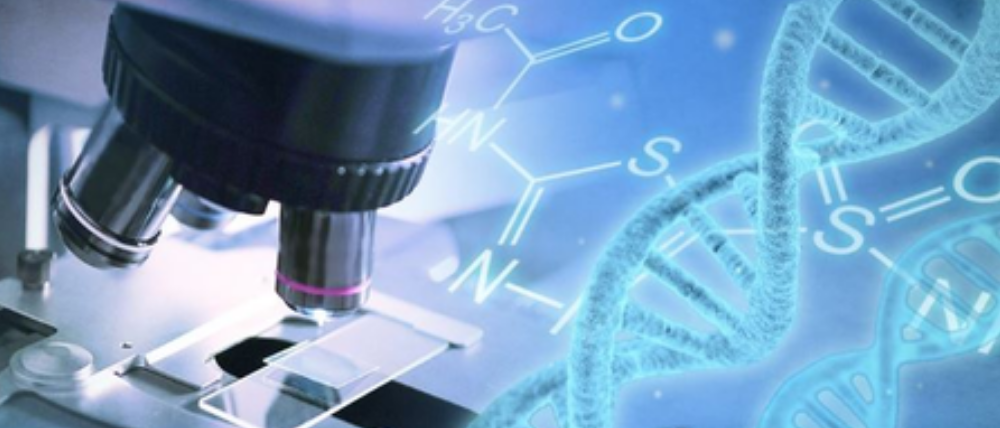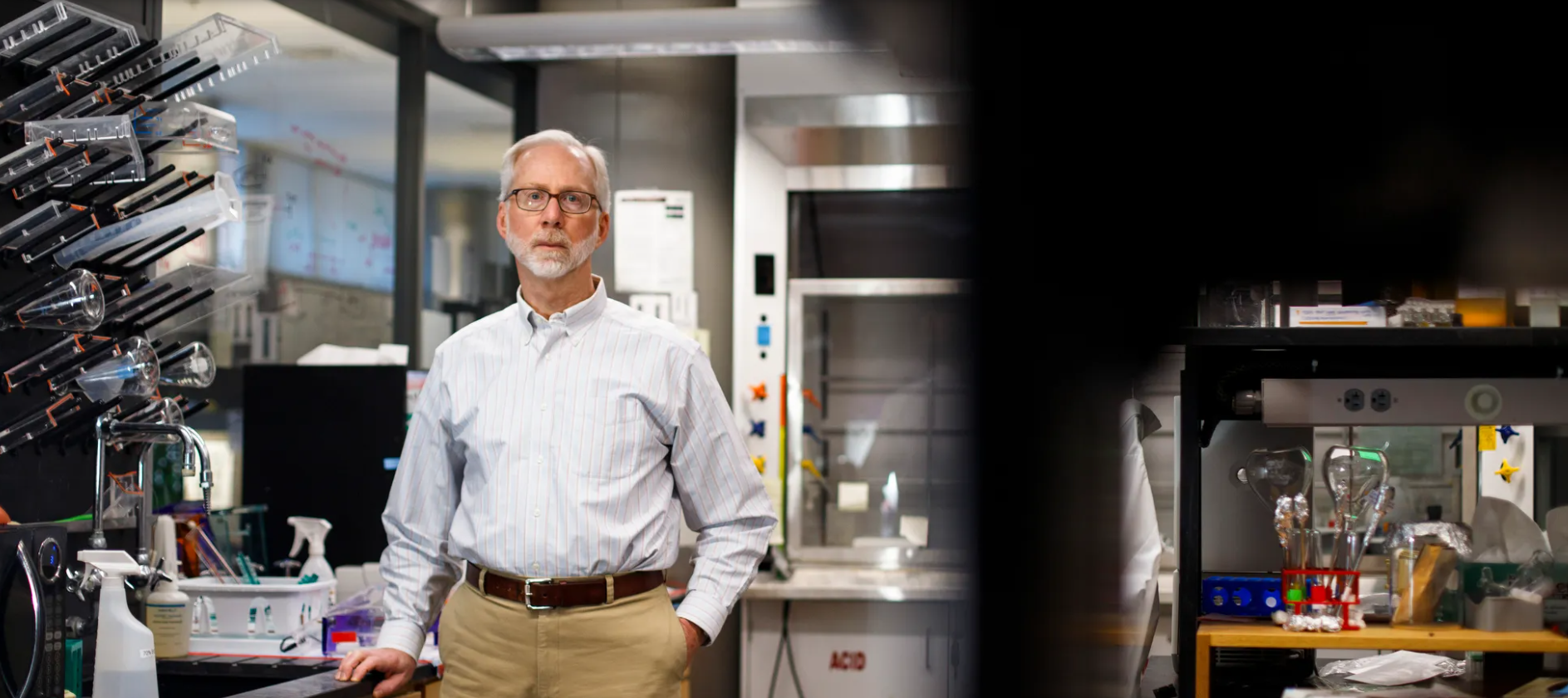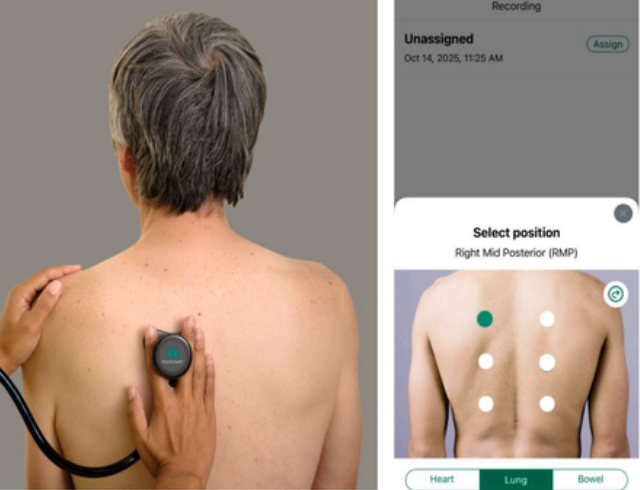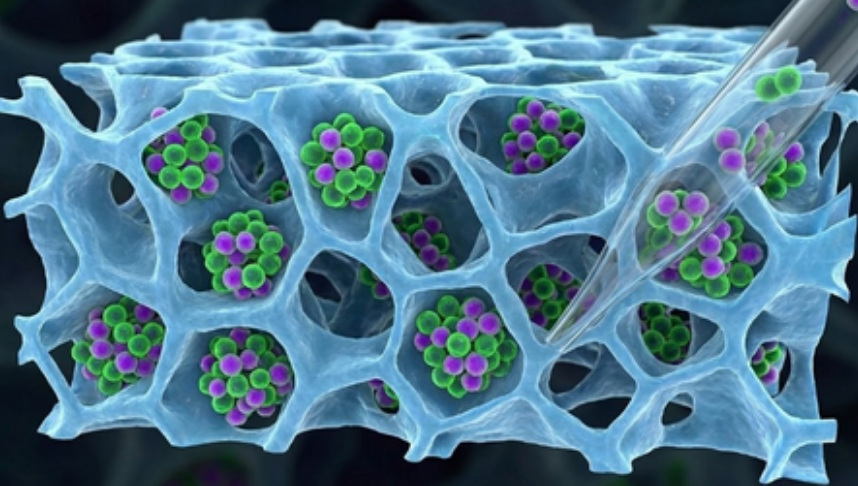Three-person IVF leads to birth of eight healthy babies free of mitochondrial disease in UK

New Delhi– In a groundbreaking medical achievement, scientists in the United Kingdom have successfully used a three-person in vitro fertilization (IVF) technique to help eight children be born free of inherited mitochondrial disease.
The children—four girls and four boys, including one pair of identical twins—were born to seven women who were at high risk of passing on serious genetic disorders caused by mutations in mitochondrial DNA. According to researchers from Newcastle University, the babies are healthy and developing normally.
“All babies were born healthy, met developmental milestones, and had either undetectable or extremely low levels of the mother’s disease-causing mitochondrial DNA mutations—levels unlikely to cause disease,” the researchers said.
The breakthrough, detailed in two papers published in The New England Journal of Medicine, involved a procedure in which the nucleus from the mother’s fertilized egg, along with the father’s sperm, is transferred into a healthy donor egg that has had its own nucleus removed. This process allows the child to inherit nuclear DNA from the biological parents and healthy mitochondrial DNA from the donor.
Professor Mary Herbert, a reproductive biology expert and lead author of the study, explained that while mitochondrial donation is currently viewed as a risk-reduction strategy, the team’s ongoing work aims to move closer to full prevention of mitochondrial disease by minimizing the carryover of faulty maternal mitochondrial DNA.
Mitochondrial diseases can affect nearly every part of the body, including the brain, muscles, nerves, kidneys, heart, and liver. Each year, roughly one in every 5,000 children is born with mitochondrial DNA mutations, which can result in debilitating or even life-threatening conditions. Symptoms may include muscle weakness, seizures, hearing and vision loss, developmental delays, and cardiac issues.
These disorders are inherited exclusively through the mother, as mitochondrial DNA is passed down maternally. While men can suffer from mitochondrial disease, they do not transmit it to their children. Currently, there is no cure for mitochondrial DNA disorders.
The three-person IVF technique offers a promising solution by combining nuclear DNA from both parents with mitochondrial DNA from a third-party donor. The procedure essentially replaces the faulty mitochondrial material in the mother’s egg with healthy mitochondria from the donor.
The study found that six of the eight babies had mitochondrial DNA mutation levels that were reduced by 95 to 100 percent compared to their mothers. In the remaining two cases, the levels were reduced by 77 to 88 percent. According to the researchers, these results confirm that the technique, known as pronuclear transfer, was highly effective in limiting the transmission of mitochondrial disease.
Professor Herbert, who now works at Monash University in Melbourne, Australia, emphasized that this technique marks a significant step toward preventing mitochondrial disease in future generations. (Source: IANS)






